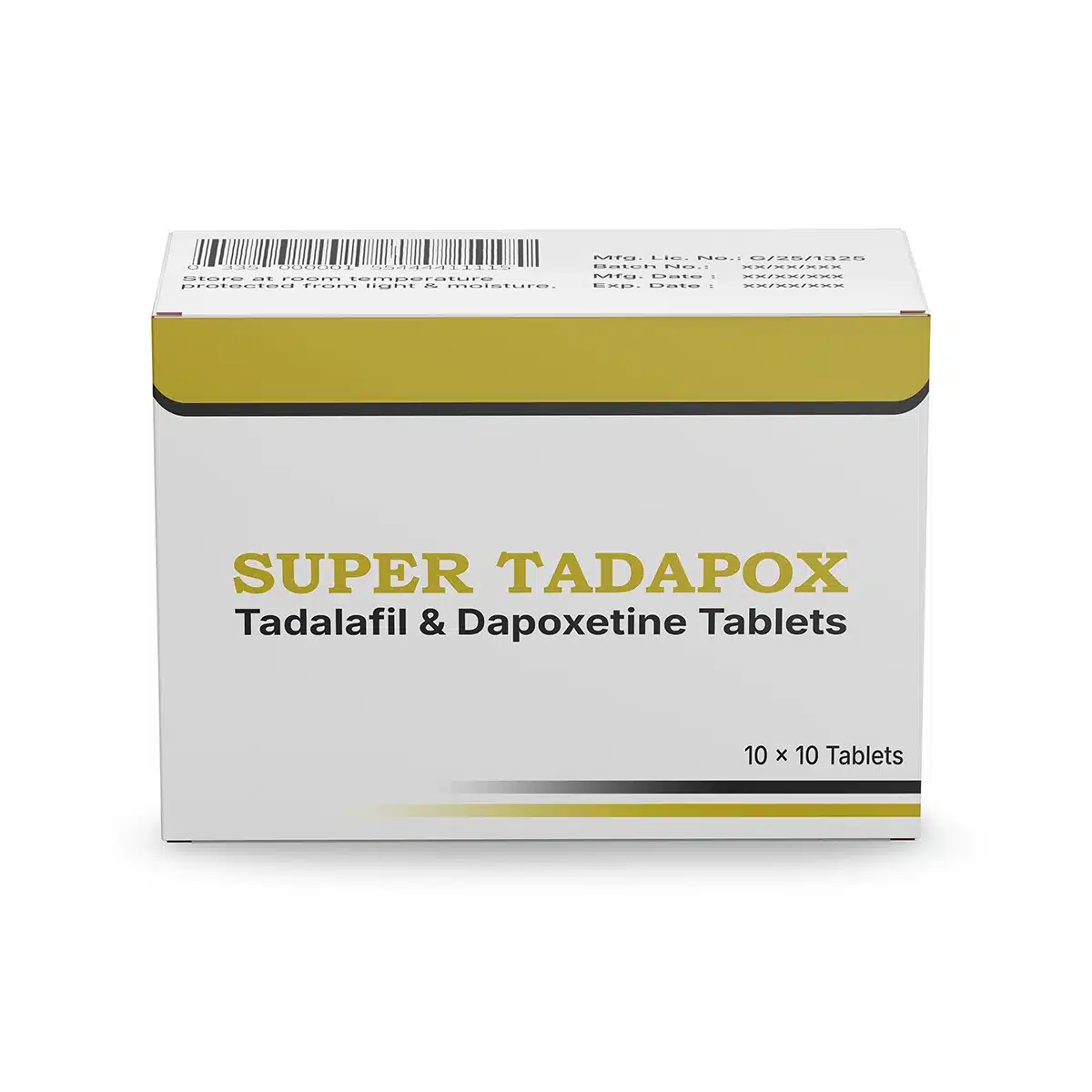Curious about what happens when you skip ejaculation for days or weeks? You’re not alone. Millions of men are exploring semen retention—a practice with ancient roots that’s now capturing scientific attention.
From hormone spikes and fertility improvements to reported mental clarity benefits, the effects might surprise you. While some claims remain in question, research has uncovered legitimate physiological changes that occur when men abstain.
So, in this article, let’s look into the benefits of not ejaculating and separating fact from fiction in this often misunderstood area of men’s sexual health.
The science behind ejaculation frequency
Before moving into benefits, it’s essential to understand what happens in your body when you don’t ejaculate and whether it is unhealthy not to ejaculate.
Sperm production is continuous, with new sperm cells developing approximately every 74 days. When not released through ejaculation, older sperm are naturally reabsorbed by the body—a normal physiological process that prevents unlimited buildup. Your body maintains balance regardless of ejaculation frequency. This means your reproductive system can function normally whether you ejaculate frequently or rarely.
However, research shows that abstaining for specific periods can lead to measurable physiological changes.
Below are the most notable effects of semen retention or not ejaculating:
1. Enhanced semen volume and sperm count
Short-term abstinence from ejaculation can lead to increased semen volume and total sperm count. According to research published in 2017, semen volume and sperm concentration increased with abstinence for up to seven days. However, prolonged abstinence beyond this period may reduce sperm motility and increase DNA fragmentation, indicating that moderation is key.
2. Temporary surge in Testosterone levels
Abstaining from ejaculation for a week can result in a significant temporary increase in serum Testosterone levels. A study published in 2002 found that levels peaked on the seventh day of abstinence, showing an approximate 145.7% rise compared to baseline.
This short-term surge may enhance mood, energy, and libido. While this effect is not permanent, it could be especially beneficial for individuals experiencing low Testosterone, offering a natural and short-term boost without medical intervention.
3. Improved sexual pleasure and orgasm intensity
Some studies suggest that abstaining from ejaculation for a few weeks can lead to more intense orgasms and heightened sexual pleasure. This may be attributed to increased Testosterone levels and heightened sexual arousal after a period of retention. However, updated scientific data on this effect is limited.
4. Increased mental clarity and focus
Practitioners of semen retention often report improved mental clarity and concentration. While current research is mainly personal stories, ongoing studies in psychosexual health and behavior suggest a potential link between abstinence and increased cognitive performance. However, recent peer-reviewed studies proving these effects remain limited.
5. Optimized fertility for assisted reproductive techniques
Shorter abstinence periods (1-2 days) before sperm collection may improve sperm motility and function, which are critical for fertilization success in assisted reproductive technologies like IVF and ICSI. This was confirmed by research published in 2023, indicating that not ejaculating frequently but timing abstinence appropriately can optimize fertility outcomes.
6. Reduced oxidative stress on sperm
When sperm cells stay too long in storage within the body, natural chemical processes (oxidative stress) can damage them. This damage reduces their quality and function over time. Moderate abstinence balances sperm quantity and quality by minimizing oxidative stress.
7. Preservation of energy and vitality
Traditional beliefs and some modern interpretations propose that semen retention conserves vital energy, potentially improving overall vitality and stamina. While this concept lacks recent large-scale scientific validation, ongoing interest in psychosomatic medicine continues to explore its effects.
8. Potential impact on prostate health
While some studies suggest frequent ejaculation might reduce Prostate Cancer risk, the evidence is inconclusive. There was a correlation between higher ejaculation frequency and reduced Prostate Cancer risk, but causality was not established. Prolonged abstinence does not appear to have adverse effects when practiced sensibly.
9. Manage Premature Ejaculation
Men practicing controlled ejaculation (like edging) during abstinence periods often report improved control over climax timing. Techniques like the pause-squeeze method, kegel exercises, and dietary adjustments (like zinc-rich foods) can complement this approach. Premature Ejaculation Medications may be prescribed for persistent cases.
Important health considerations
While moderate abstinence may offer benefits, it’s important to consider:
- Prostate health: Research on the relationship between ejaculation frequency and prostate health shows mixed results. Frequent ejaculation might reduce Prostate Cancer risk, though the evidence remains inconclusive.
- Psychological balance: For some men, too much focus on abstinence can create psychological stress or unhealthy obsessions. Mental well-being should always be prioritized over strict adherence to any practice.
- Individual variation: Benefits and experiences vary significantly between individuals based on age, health status, hormone levels, and psychological factors.
Conclusion
In conclusion, the benefits of not ejaculating can vary depending on duration and individual health. Scientific evidence supports short-term abstinence for improved sperm count, temporary Testosterone spikes, and optimized fertility outcomes. Some men may also experience enhanced focus, energy, and sexual pleasure.
However, prolonged retention may lead to reduced sperm motility and increased oxidative stress. While ancient traditions praise semen retention for preserving vitality, clinical data beyond a few weeks remains limited.
As with most health practices, moderation is key. Individuals should consider their personal goals and consult healthcare professionals before making significant lifestyle changes.
Frequently Asked Questions
Is there a connection between ejaculation and immunity?
Some research suggests regular ejaculation might support immune function by lowering stress. However, avoiding it doesn’t harm immunity either. A balanced lifestyle—good diet, sleep, and exercise—matters far more than ejaculation frequency when supporting a healthy immune system.
How many times should a man release sperm in a week?
For most healthy men, ejaculating 2-3 times weekly maintains reproductive health without depleting energy. This moderate frequency balances sperm production with quality, though individual needs vary based on age, health, and personal factors.
At what age does sperm production stop?
Sperm production typically continues throughout a man’s lifetime, but gradually decreases after age 40-50. Unlike female fertility with menopause, men don’t experience complete cessation unless due to medical conditions or treatments affecting testicular function.
Can semen retention improve workout performance?
Some men report increased strength, endurance, and motivation during workouts when practicing semen retention. While scientific evidence is limited, the temporary increase in Testosterone levels around day seven might contribute to improved physical performance.
When referencing outside resources, GoodrxMedicine always provides full citations. To learn more about the measures we use to maintain the quality of our content, please review our Content Information Policy.















